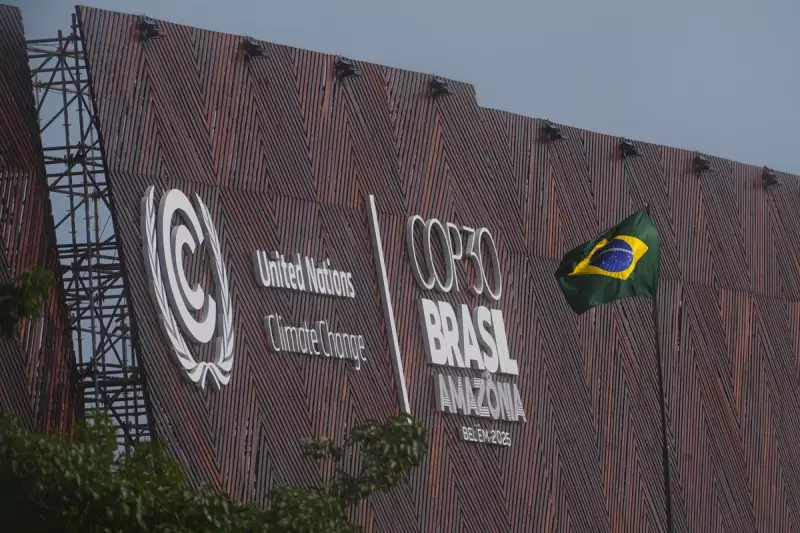
The United Nations climate talks in Brazil have become a battleground for the future of artificial intelligence, with the technology being cast as both a potential hero and a significant villain in the fight against global warming.
The Promise of an AI Revolution
At the conference, known as COP30, technology firms and several national delegations are championing AI's capacity to tackle the climate crisis. They argue that AI can deliver a multitude of solutions, from boosting the efficiency of electrical grids and assisting farmers with weather predictions to tracking deep-sea species and designing infrastructure resilient to extreme weather.
Adam Elman, Google's sustainability director, described AI as "a real enabler" that is already making a tangible impact. This sentiment was echoed by Johannes Jacob, a data scientist with the German delegation, who showcased a prototype app called NegotiateCOP. This tool is designed to help smaller nations process hundreds of official documents, effectively levelling the playing field in complex negotiations.
The sheer interest in AI was undeniable. Michal Nachmany of Climate Policy Radar noted there is "unbelievable interest" in the technology at the summit, though he added that "everyone is also a little bit scared. The potential is huge and the risks are huge as well."
The Soaring Environmental Cost
In stark contrast, climate and environmental groups are raising urgent alarms about AI's own substantial environmental footprint. The central concern lies with the power-hungry data centres required to train and run complex AI models.
Jean Su, energy justice director at the Center for Biological Diversity, warned that AI is currently "a completely unregulated beast around the world." Her research highlights how the data centre boom, particularly in the United States, threatens national climate goals.
The data supports these concerns. According to the International Energy Agency, data centres were responsible for approximately 1.5% of global electricity consumption in 2024. Their energy demand has been growing at an alarming rate of around 12% per year since 2017. Furthermore, these facilities consume vast quantities of water, creating additional strain on water-stressed regions.
A Fork in the Road for Climate Policy
The debate was formalised in at least 24 dedicated sessions during the first week of COP30. These covered diverse applications, from AI-enabled energy sharing between cities to forest crime prediction. The conference even hosted the first AI for Climate Action Award, which recognised a project addressing water scarcity in Laos.
While tech representatives like Nvidia's head of sustainability, Josh Parker, called AI "the best resource any of us can have," others urged caution. Bjorn-Soren Gigler of the European Commission aptly summarised the situation by calling AI a "double-edged sword."
Environmental advocates at the summit are now pushing for concrete regulations to mitigate AI's impact. Their proposals include mandating public interest tests for new data centres and requiring them to be powered by 100% on-site renewable energy.
As Jean Su starkly put it, "COP can not only view AI as some type of techno solution, it has to understand the deep climate consequences." With AI firmly entrenched in the climate conversation, the outcome of this debate will significantly influence whether the technology becomes a net positive or a detrimental force in achieving the goals of the Paris Agreement.





